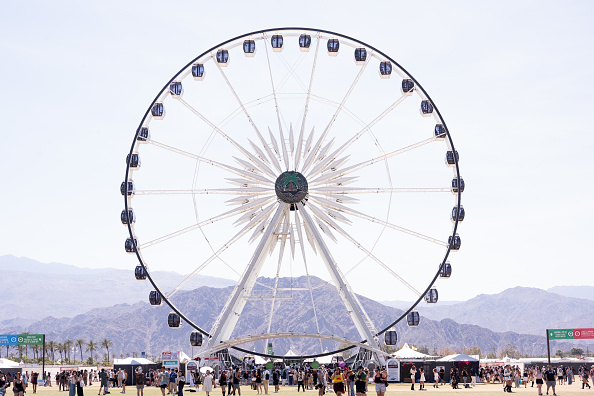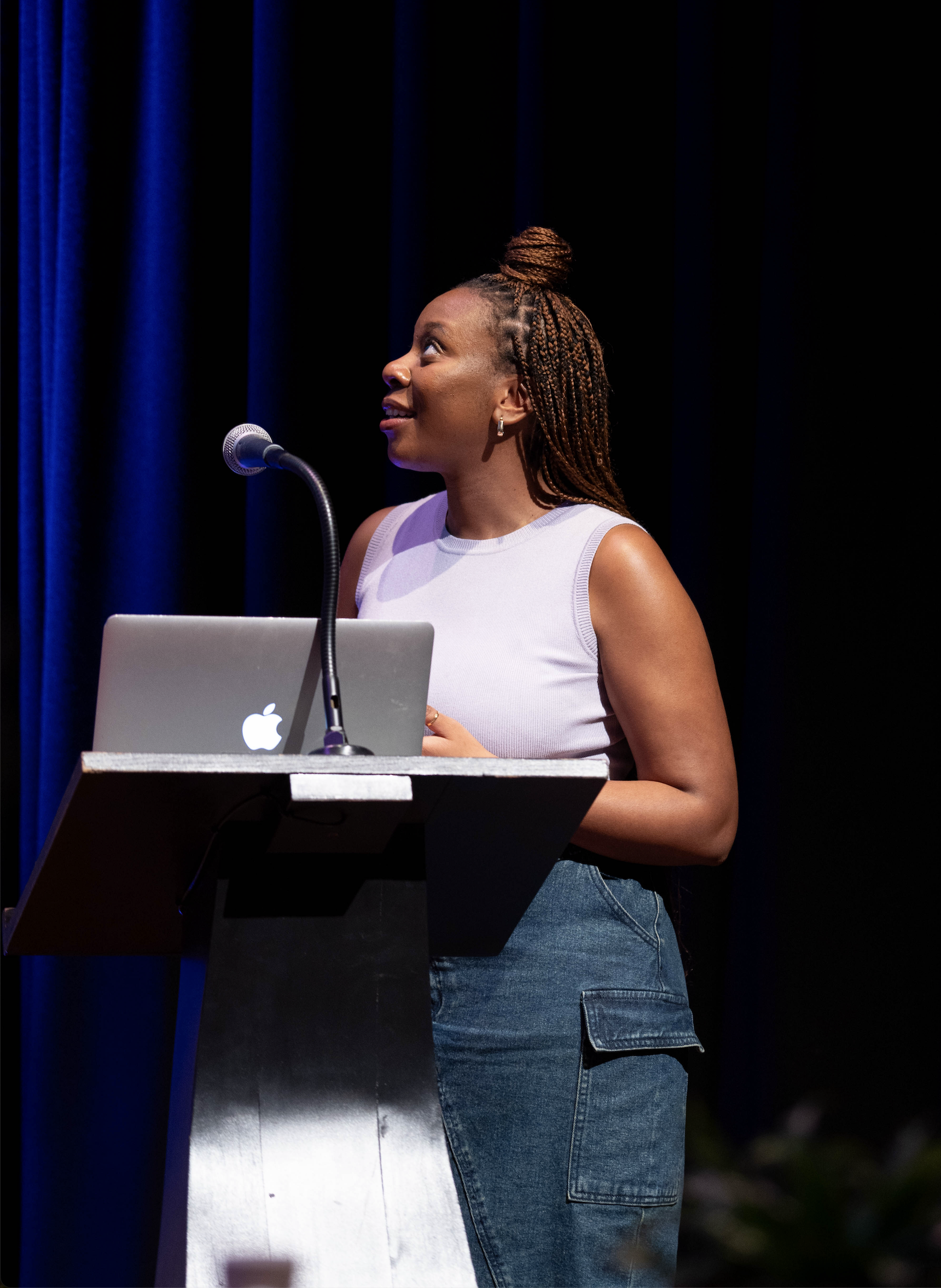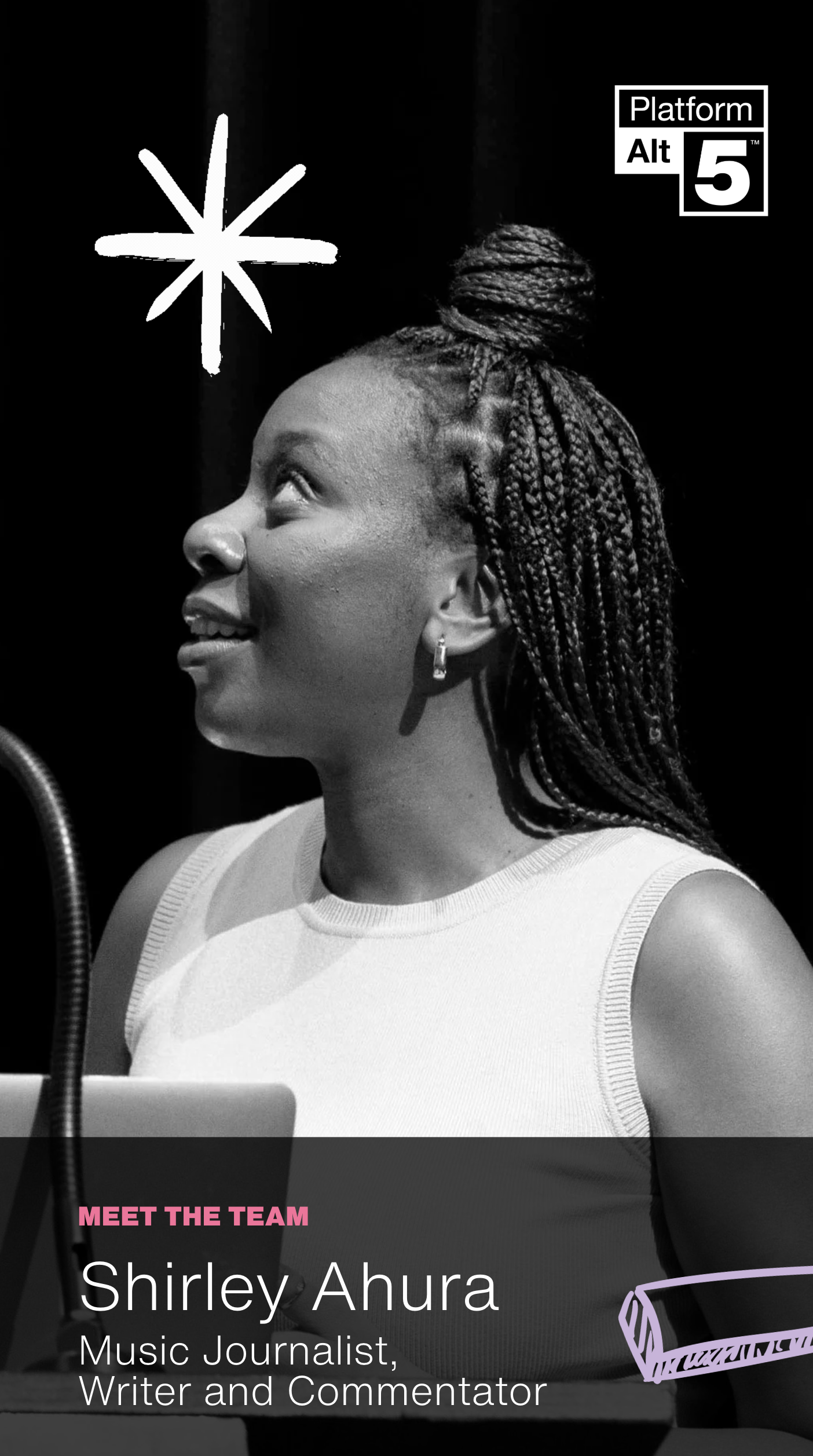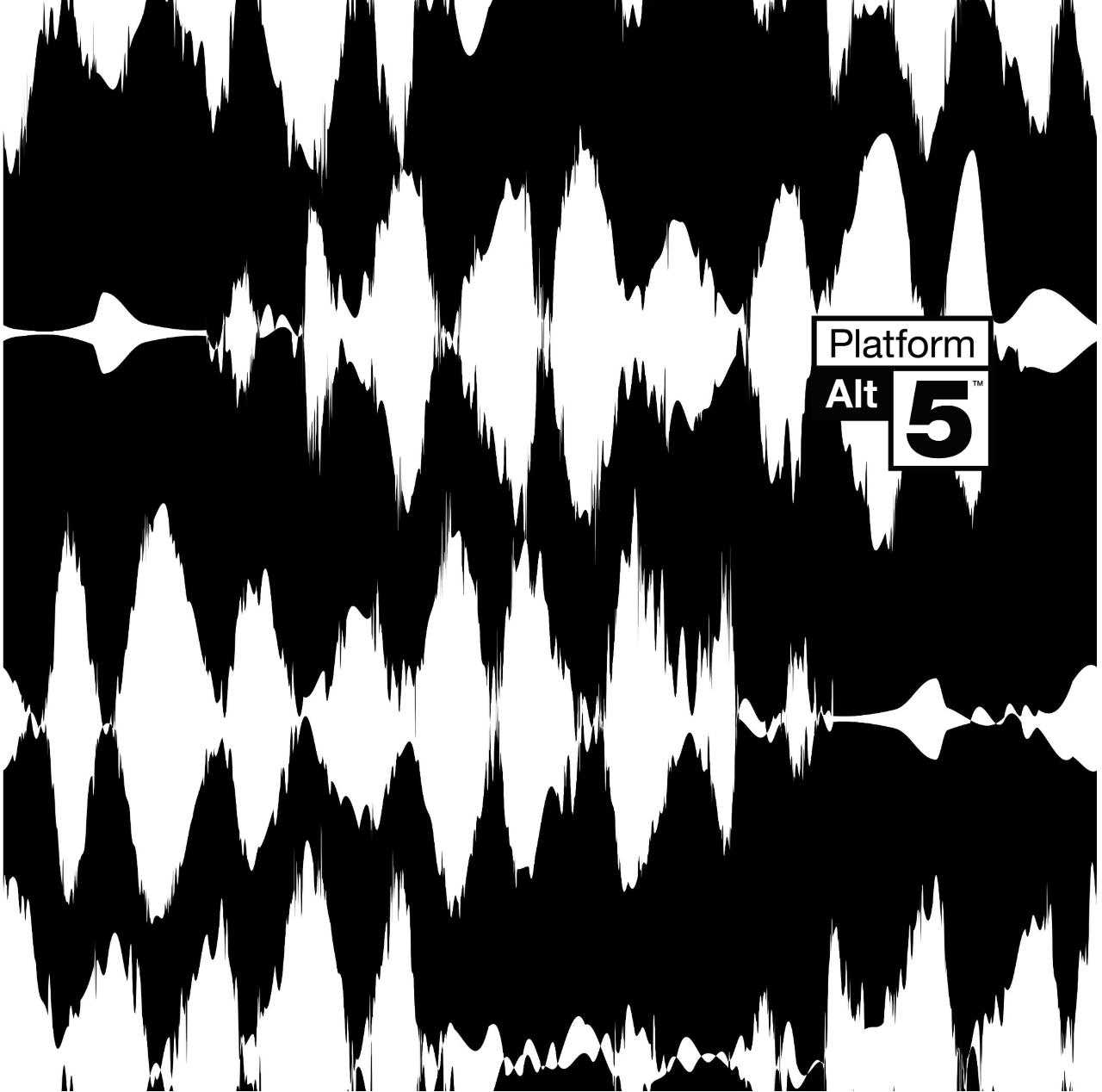Critical trends dominating the music scene in 2025
As the music industry continues to evolve at breakneck speed, 2025 is already proving to be a defining year of some of music’s biggest landmark moments and milestones. Emerging global trends from listener behaviours to artificially driven intelligence; across socio-political climates and commercial landscapes, are giving new rhyme and reason on how music is created and consumed; how it connects and catalyses.
A year of transformation for the music industry
From AI-generated tracks and dynamic pricing to the erosion of local grassroots venues and the cultural zeitgeist of the Global South, here are the most critical trends dominating the global music scene right now.

60% of Coachella GA ticket holders use payment plans
Not all space is created equal, and nowhere does this ring truer or more topically than in the live music economy. For example, Coachella 2025 reported its highest-ever number of attendees using instalment payment plans; with a staggering 60% of general admission ticket-holders opting for payment plans to help fund their trips to the festival in Indio, California this year. Transforming the face of ticketing is the rise of dynamic pricing: a revenue management strategy where prices fluctuate based on real-time demand. From major festivals to arena tours, digital price tags now adjust to meet the needs of the market, pushing prices higher for in-demand events and crowning ‘the algorithm’ king. Both Ticketmaster and Live Nation are facing ongoing lawsuits and scrutiny over ticket-selling transparency, price manipulation and alleged monopoly over the live music industry.
Grassroots venues struggling to survive
While music enthusiasts are increasingly stretching their budgets to attend their favourite events and live music continues to live through its post-pandemic boom, there is growing concern for some of the UK’s venues and scenes existing at a smaller scale. Independent clubs, DIY spaces, and community-led festivals – once the lifeblood of the UK’s cultural and creative capitals like London, Manchester, Liverpool, Glasgow and further afield – are disappearing under the weight of rising costs, funding cuts, real estate pressures and council-mandated curfews. Many more fear that in the wake of austerity, what we’re witnessing is the slow death of grassroots music culture up and down the country, where the much needed physical space to experiment, gather, and grow is no longer affordable or sustainable.
Artist-led activism
In today’s current socio-political climate, changing consumer values are becoming increasingly intertwined with digital activism and advocacy; reshaping how audiences engage with the music industry and entertainment landscape at large. Offering a critique of the ethics of tourism in his native Puerto Rico, global pop star Bad Bunny released his sixth solo studio album, DeBÍ TiRAR MáS FOToS to mass acclaim. Off the back of the hotly anticipated announcement of his global tour that left off all American cities in its 75-date run, his refusal to tour the US signalled how mainstream artists are engaging directly with political discourse.
Listeners no longer prioritize aesthetics alone. They expect artists – as well as the brands and institutions that uphold and co-sign them – to align with both their personal ethics and politics. Artists including Irish trio Kneecap and American singer Kehlani have become rallying points in Israel’s ongoing genocide in Gaza, gaining popular support that reached fever-pitch in recent months amid state-level scrutiny and pro-Palestinian censorship.
This shift in more socially conscious consumer behaviour reflects a broader movement where the artist, their art and activism are becoming increasingly inseparable. There is ever-growing demand for integrity on the part of entities bankrolled by the consumers’ pocket, either intentionally e.g. streaming or inadvertently e.g. taxes. Attempts to hold brands and even whole governments accountable through calls for transparency, sustainable practices, and boycotts have either contributed or led to widespread movements for social justice and transformation. Major events in the music industry calendar have not been immune: SXSW faced backlash and boycotts over sponsor concerns last year leading to key infrastructural changes for its 2025 edition, while Sónar Festival and Boiler Room continue to contend with the courts of both public opinion and artist pressure.
Algorithmic playlists
Advanced algorithms are also enabling more personalised music discovery. Listeners have a wider palette at their disposal to explore more deeply, more immersively, across a range of musical genres. These cutting-edge methods of music exploration are both well-documented and contested, as they continue to dominate the global music landscape, influencing how artists and audiences connect across countries, regions and whole territories.
Music glocalisation
Popular music has undergone a hyper glocalisation process – a concept that explains how global entities have adapted to local cultures and markets. What we’re witnessing is the formation of popular music in real time. Amapiano. Afropop. Reggaeton. Exporting the sounds and styles of a nation, no matter the location. Johannesburg, South Africa. Lagos, Nigeria. Medellín, Colombia. San Juan, Puerto Rico. Household names birthed in distant homelands. Kabza de Small, Uncle Waffles, DBN Gogo, DJ Maphorisa. Burna Boy, Wizkid, Tems, Rema, Asake. Karol G, J Balvin and Bad Bunny. While South Korea isn’t geographically part of the Global South, its cultural prowess across music, film, TV, and food deserves a mention here, as a vanguard of today's global cultural zeitgeist.
Not only are they producing and pioneering their own, distinctive sonic identities. They're pushing the needle of the global hierarchy of music on their own terms. The future of ‘pop’ music ? It’s polyphonic, plural, and proudly local.

A call for unity in music’s evolution
As 2025 continues to unfold, the music industry finds itself at an interesting intersection of survival modes, stagnation, disruption and innovation. Navigating this will require not just cohesion, but a commitment, a willingness, from artists and their audiences for the transformations ahead.
🎧 At PlatformAlt5™, we don’t just get grassroots music, we live it. Are you looking for deeper industry insights? Help leveraging trends? Or some fresh, disruptive content? Get in touch here.
Let’s build something great together.






.jpg)

